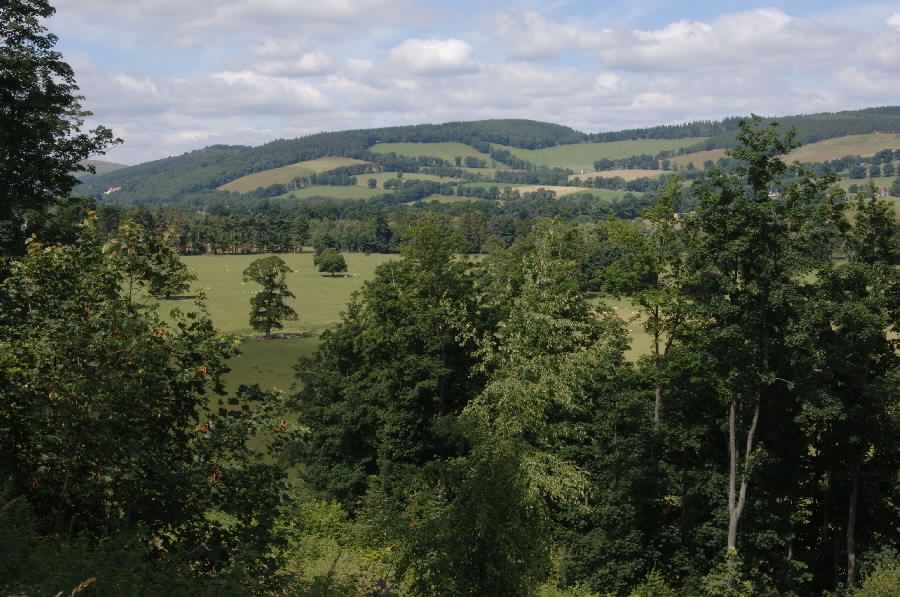We use some essential cookies to make this website work.
We’d like to set additional cookies to understand how you use forestresearch.gov.uk, remember your settings and improve our services.
We also use cookies set by other sites to help us deliver content from their services.

Resilient forests are important if our trees are to cope better with changing environmental conditions and threats from pests and diseases. This page provides information on the publications produced as part of Forest Research's 'Delivering Resilient Forests' programme of research.
Pathology Advisory Note 7 Pathogens that could potentially be very damaging to Planes (Platanus spp.) in the UK. This document details signs and symptoms of the named tree pest(s) or disease(s) and provides advice on what to do if you suspect the pest or disease is present. Related pages Research...
By analysing submissions to the Tributes to Trees website, Forest Research found that people express emotional and sensory experiences from their connections with trees, woodlands and forests, and these are inextricably linked to different places, people and activities
June 2025 APHA won a gold medal and Best GreenSTEM exhibit at the RHS Chelsea Flower Show in 2025 with their exhibit “Colorado Beetle – a threat to our food security”. Okay it’s not a tree pest but the principles and messages are relevant to trees. Research Surveillance and intelligence...
Research and issues relating to the preservation of archaeological evidence during woodland expansion
Information on soil forming materials and their origin and practical considerations in the urban context
The eleven chapters comprising this Bulletin cover the botany, cultivation, performances and utilisation of poplars and poplar timber. The genus Populus comprises some 32 species classified according to their botanical characters into five sections and one sub-section. Of these, the sections Aigeiros (the black poplars) and Tacamahaca (the balsam poplars)...
Urban greenspace/green infrastructure publications, site and research networks, toolkits, models and services
How the use of greenspace for exercise and recreation can provide benefits such as improved well-being and quality of life
Research into the effects of the storm and description of the regeneration of broadleaved and conifer woods
Research into the management of broadleaved woodland in the lowland areas of Great Britain
Forest Research involvement with European Forest Genetic Resources Programme
These essential cookies do things like remember your progress through a form. They always need to be on.
We use Google Analytics to measure how you use the website so we can improve it based on user needs. Google Analytics sets cookies that store anonymised information about: how you got to the site the pages you visit on forestresearch.gov.uk and how long you spend on each page what you click on while you're visiting the site
Some forestresearch.gov.uk pages may contain content from other sites, like YouTube or Flickr, which may set their own cookies. These sites are sometimes called ‘third party’ services. This tells us how many people are seeing the content and whether it’s useful.